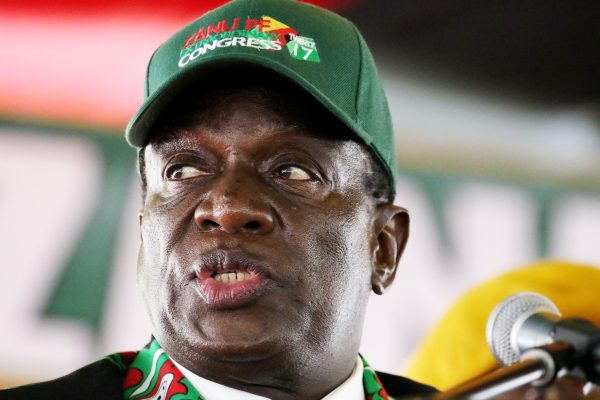
EDITORIAL COMMENT
President Emmerson Mnangagwa’s threats that the government will withhold salaries of thousands of teachers that have been boycotting work in a pay dispute was the clearest indication yet that his administration has no clue on how to solve the perennial strikes by civil servants.
In the past three years that Mnangagwa has been in power, strikes by government workers have become commonplace because of deteriorating working conditions and poor pay.
Health workers that included nurses and doctros only returned to work recently after going on strike for over three months as they protested against poor remuneration and lack of personal protective equipment in the face of Covid-19.
The government stubbornly refused to address the health workers’ grievances and because of fatigue, the nurses and doctors have returned to work, but they are not attending to patients.
Patients are dying in hospitals because they are not receiving medical attention as health workers are demotivated.
The government might have forced them to return to their workstations by withholding their salaries, but this did not solve anything as health institutions remain paralysed.
Mnangagwa’s administration is about to make the same mistake with the teachers.
- Chamisa under fire over US$120K donation
- Mavhunga puts DeMbare into Chibuku quarterfinals
- Pension funds bet on Cabora Bassa oilfields
- Councils defy govt fire tender directive
Keep Reading
While admitting that only 30% of Zimbabwe’s 120 000 teachers were at work last week, the president vowed that “the government will never be held at ransom by the teachers”.
He said the government “will apply the principle that those, who work will get paid. Those who are at home are not considered to be at work.”
Teachers will simply report for duty, but it doesn’t need a rocket scientist to decipher what the situation would be like in classrooms if the educators’ grievances are not addressed to their satisfaction.
Children, who have already lost several months of school hours due to the lockdown to control the spread of Covid-19, will be the losers.
Mnangagwa and his government need to understand the reality that the economic situation, characterised by high inflation, is increasingly making it difficult for workers, civil servants in particular, to eke out an honest living.
The now frequent job boycotts are mere symptoms of festering problems that need a holistic approach by the government.
Threats or simply ignoring the workers when they embark on strikes will never solve the problems in the civil service.
The government needs to prioritise the welfare of civil servants, especially those in the education and health sectors, because of the strategic role they play in the well-being of the entire population.
Instead of threatening them, the government must be engaging the teachers in meaningful dialogue for the sake of schoolchildren, who are in danger of seeing a whole year going to waste.











